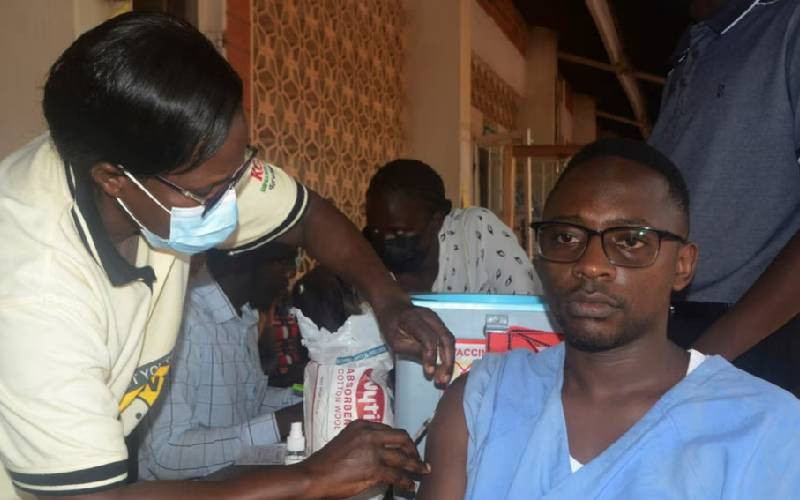×
The Standard e-Paper
Join Thousands Daily

Uganda has rolled out a nationwide yellow fever vaccination campaign to help safeguard its population against the mosquito-borne disease that has long posed a threat.
By the end of April, Ugandan authorities had vaccinated 12.2 million of the 14 million people targeted, said Dr. Michael Baganizi, an official in charge of immunization at the health ministry.